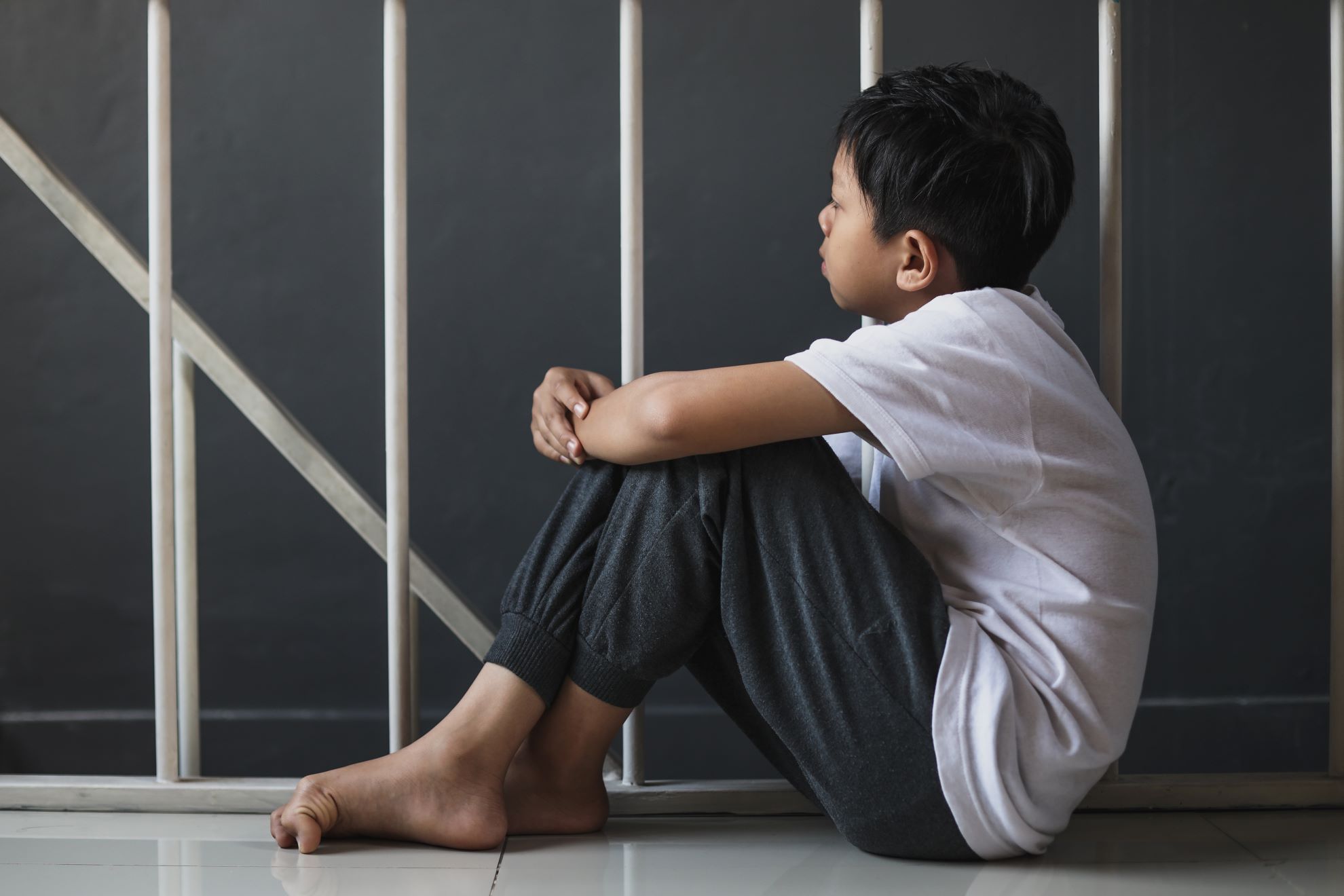When a child or teenager becomes involved with the criminal justice system, the consequences can be life-altering—not only for the young person but also for their entire family. Navigating this complex and often daunting area of law is crucial to ensuring that your child’s rights are protected and the impact on their future is minimized. To achieve these goals, it is essential to have a thorough understanding of the juvenile justice system, how it differs from the adult justice system, and how an experienced attorney can guide you and your child through the legal process.
This comprehensive guide will provide you with a thorough overview of juvenile offenses and the juvenile justice system and valuable insights into how the legal process unfolds in juvenile cases. From the initial police interaction and court proceedings to the potential consequences of a juvenile adjudication and what steps can be taken to mitigate the long-term impact, this guide will cover the essential aspects to consider when your child is facing criminal charges. Additionally, we will explain the importance of securing the services of a knowledgeable and compassionate attorney who specializes in juvenile defense to ensure your child receives the best possible representation and advocacy throughout this challenging ordeal.
Juvenile court proceedings often differ significantly from adult criminal proceedings, with greater emphasis placed on rehabilitation and treatment rather than punishment. This focus on rehabilitation is designed to address the underlying issues that contribute to delinquent behavior and provide guidance and support to help young people make positive changes in their lives. However, the potential consequences of a juvenile adjudication—such as detention, probation, and a permanent criminal record—can still have lasting repercussions that affect future educational, employment, and housing prospects. In light of these serious consequences, understanding and navigating the juvenile justice system with the help of an experienced attorney is key to securing the best possible outcome for your child.
Overview of the Juvenile Justice System
The juvenile justice system is specifically designed to address the unique needs of young offenders. Some key differences between the juvenile and adult justice systems include:
1. Terminology: Juvenile cases use different terminology than adult cases. For example, instead of being “convicted” of a crime, juveniles are “adjudicated delinquent.”
2. Emphasis on rehabilitation: The juvenile justice system focuses on rehabilitating young offenders rather than solely punishing them.
3. Confidentiality: Juvenile proceedings are generally less public than adult criminal cases and are typically kept confidential to protect the minors involved.
4. Sentencing options: Juvenile courts have more flexibility with sentencing, often requiring counseling, community service, education, and treatment programs.
Understanding Common Juvenile Offenses
Some of the most common offenses handled by the juvenile justice system include:
1. Vandalism and property crimes: These offenses can range from minor acts, such as graffiti, to more serious property damage or theft.
2. Drug and alcohol offenses: Possession, sale, or use of illegal drugs and underage drinking are common juvenile offenses.
3. Assault and battery: Physical altercations and fights between juveniles may result in these charges.
4. Status offenses: These are offenses that are illegal specifically due to the juvenile’s age, such as truancy, running away from home, or curfew violations.
Navigating the Juvenile Court Process
The juvenile court process involves several stages that parents and their children should be aware of:
1. Initial police interaction: The process often starts with a police officer responding to an alleged offense, followed by an investigation and potential arrest.
2. Intake and detention hearing: A court intake officer evaluates the case, determines if there is probable cause, and may recommend a detention hearing if necessary.
3. Adjudication hearing: Similar to a trial, an adjudication hearing is where the judge listens to the evidence and determines if the juvenile is delinquent.
4. Disposition hearing: Based on the judge’s determination, the disposition hearing focuses on the appropriate outcome and potentially assigns rehabilitation programs or sanctions.
5. Post-disposition: This stage may involve progress reports, probation, or updates on the juvenile’s compliance with the court-ordered requirements.
The Role of an Experienced Juvenile Defense Attorney
Partnering with a knowledgeable juvenile defense attorney can make a significant difference in your child’s case. Key benefits include:
1. Expertise in juvenile law: An attorney well-versed in both state and federal juvenile laws will provide the best representation.
2. Examining evidence and building a defense: A skilled attorney will meticulously investigate the case, examine the evidence, and develop a robust defense strategy.
3. Negotiation and advocacy: An experienced juvenile defense attorney can negotiate favorable outcomes, such as reduced charges or diversion programs.
4. Guidance and support: A compassionate attorney can provide your family with the emotional support and legal guidance you require during this challenging time.
Strategies for Protecting Your Child’s Future After a Juvenile Adjudication
Several steps can help minimize the long-term impact of a juvenile adjudication on your child’s future:
1. Expungement or sealing of records: In certain situations, a juvenile’s record can be expunged or sealed, removing the adjudication from their criminal history.
2. Educational and vocational support: Encourage your child to stay on track academically or to engage in vocational training to improve their future prospects.
3. Counseling and support: Access to counseling, therapy, and support groups can help your child develop coping strategies and emotional resilience.
Conclusion
Navigating the juvenile justice system can be complex and overwhelming for families. Understanding the unique aspects of this system, common juvenile offenses, and the critical role of an experienced attorney can help protect your child’s rights and future. By partnering with a skilled and compassionate attorney from BFP Law Firm, you can rest assured that your child will receive the best possible representation, guidance, and support throughout the entire legal process.






